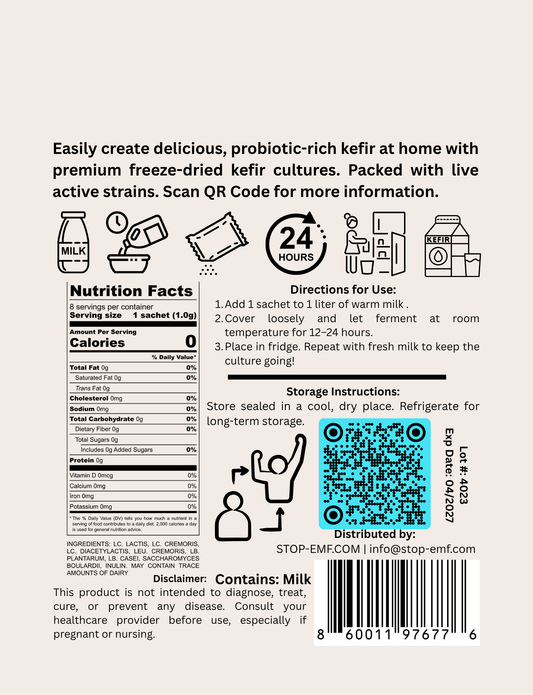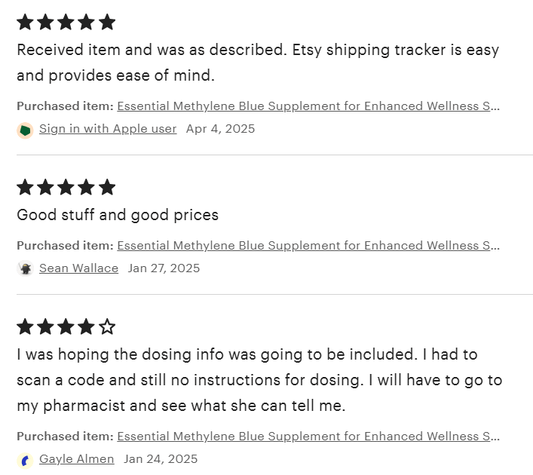In today's fast-paced world, it's easy to feel overwhelmed and stressed. Whether it's the demands of work, family responsibilities, or the constant barrage of digital distractions, stress can take a toll on our physical and mental well-being. However, it's important to remember that we have the power to manage and even reduce the impact of stress in our lives. By incorporating simple self-care practices into our daily routines, we can reclaim our calm and find a greater sense of balance and resilience.
Breathe Deeply, Breathe Freely
One of the most effective and accessible stress-relief techniques is deep breathing. When we're feeling anxious or overwhelmed, our breathing often becomes shallow and rapid, which can exacerbate the physiological symptoms of stress. By taking a few moments to focus on slow, deep breaths, we can activate the parasympathetic nervous system, which is responsible for the "rest and digest" response. This can help to lower blood pressure, reduce muscle tension, and promote a sense of calm and relaxation.
To practice deep breathing, find a quiet and comfortable place to sit or lie down. Inhale slowly through your nose, allowing your belly to expand. Hold the breath for a few seconds, then exhale slowly through your mouth. Repeat this process for several minutes, focusing on the sensation of the breath moving in and out of your body. You can also try incorporating visualization techniques, such as imagining a peaceful scene or a calming color, to further enhance the relaxation response.
Embrace Mindfulness and Meditation
Mindfulness and meditation are powerful tools for managing stress and cultivating inner peace. By learning to be present in the moment, without judgment or attachment, we can reduce the tendency to ruminate on the past or worry about the future. This can help us to respond to stressful situations with greater clarity and composure, rather than reacting with anxiety or panic.
There are many different styles of meditation, from guided visualizations to silent sitting practices. Experiment with different approaches to find what works best for you. Even just a few minutes of mindful meditation each day can have a profound impact on your overall well-being. As you become more comfortable with the practice, you can gradually increase the duration of your sessions and incorporate mindfulness into your daily activities, such as during your commute or while enjoying a meal.
Get Moving and Groove
Regular physical activity is not only good for our physical health, but it can also be a powerful stress-relief tool. Exercise releases endorphins, which are natural mood-boosting chemicals in the brain, and can help to reduce muscle tension and improve sleep quality. Whether it's a brisk walk, a yoga session, or a dance party in your living room, finding ways to move your body can be a great way to manage stress and boost your overall well-being.
If you're new to exercise or struggling to find the motivation, start small and focus on activities that you genuinely enjoy. This could be as simple as taking a short walk during your lunch break or trying a new dance class with a friend. The key is to find physical activities that you find fun and energizing, rather than viewing them as a chore.
Nourish Your Body and Mind
Proper nutrition and self-care are essential for managing stress. A balanced diet rich in whole, nutrient-dense foods can help to support your body's natural stress response and promote overall well-being. Aim to incorporate a variety of fruits, vegetables, whole grains, lean proteins, and healthy fats into your meals and snacks.
In addition to a healthy diet, it's important to prioritize other self-care practices, such as getting enough sleep, staying hydrated, and engaging in activities that bring you joy and fulfillment. Whether it's indulging in a relaxing hobby, spending time in nature, or connecting with loved ones, taking the time to nurture your mind and body can be a powerful antidote to stress.
Seek Support and Cultivate Connections
While self-care is essential, it's also important to recognize that we don't have to navigate the challenges of stress alone. Reaching out to trusted friends, family members, or mental health professionals can provide valuable support and perspective. Sharing our experiences and feelings with others can help us to feel less isolated and more empowered to address the sources of stress in our lives.
Additionally, building and maintaining strong social connections can be a powerful way to manage stress. Engaging in activities with like-minded individuals, such as joining a community group or participating in a support network, can provide a sense of belonging and a shared experience of navigating life's ups and downs.
Embrace a Holistic Approach to Stress Management
Ultimately, the key to effectively managing stress is to adopt a holistic approach that incorporates a variety of self-care practices. By combining techniques like deep breathing, mindfulness, exercise, and nourishing self-care, we can create a comprehensive toolkit to help us navigate the challenges of everyday life.
Remember, stress is a natural part of the human experience, and it's not something that we can or should try to eliminate entirely. However, by developing a range of strategies to manage and reduce the impact of stress, we can cultivate a greater sense of resilience, balance, and overall well-being. So, take a deep breath, and start exploring the self-care practices that work best for you.






